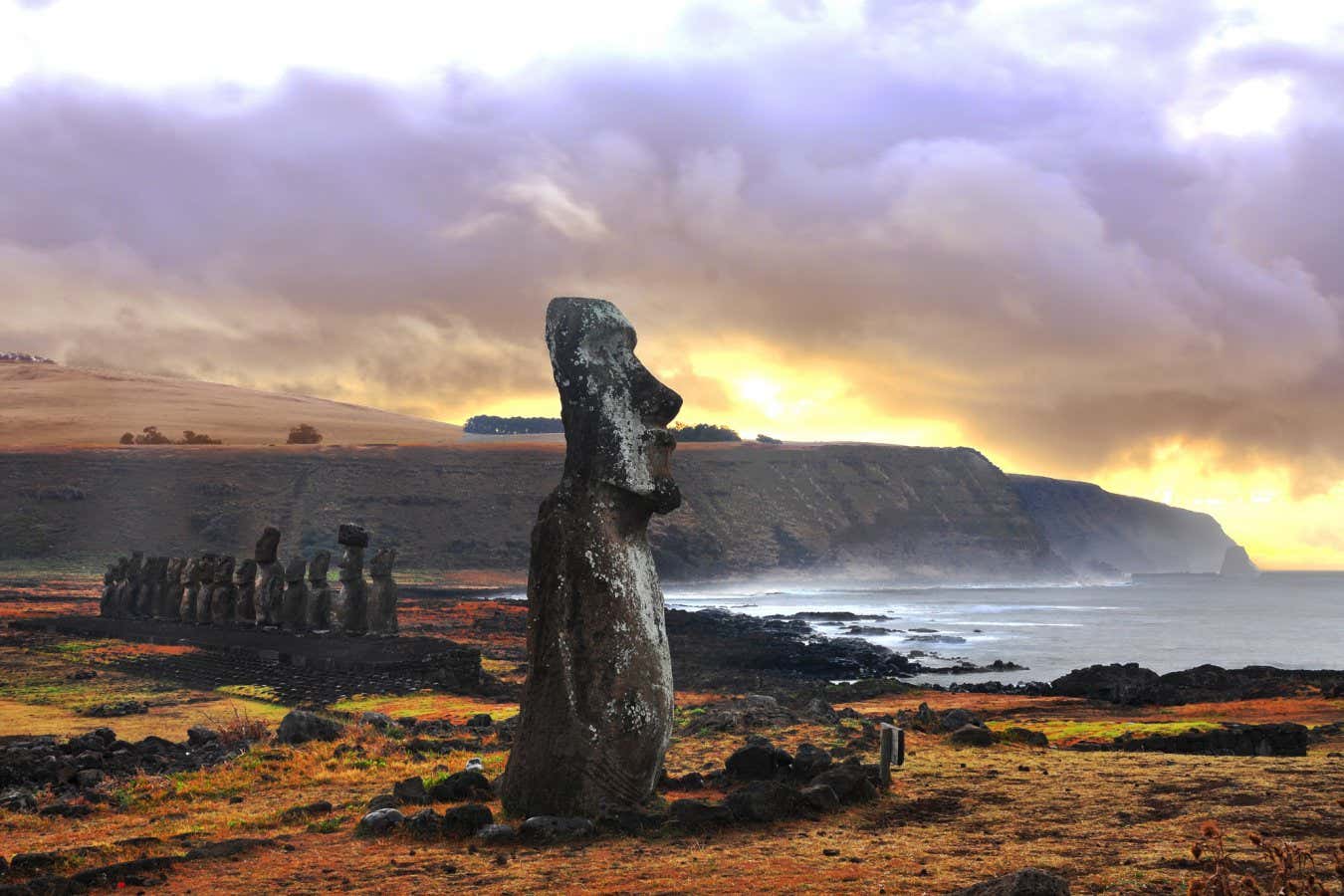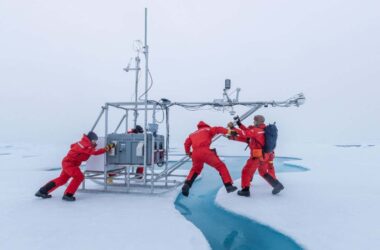Introduction
According to University College London’s David Wengrow, new data from studies of past human cultures shed light on a wide variety of social experiments. Societies are significantly more complicated than can be reduced to the binary oppositions of “hunter-gatherer” and “complex,” “egalitarian” and “hierarchical,” or “democratic” and “authoritarian.” Additionally, societies are not immutable and are capable of great transformation if its members so decide.
Variability in Human Societies
In reaction to both internal and external stimuli, human societies have always been in a constant state of change and development. Associating cultures with predetermined labels is an oversimplification that does a disservice to the complexity of their evolution.
An Interesting Case Study: Rapa Nui
Rapa Nui, or Easter Island, in the southeastern Pacific, is a fascinating case study in this type of cultural shift. The first colonists set up a hierarchical structure with regional leaders who reported to a more powerful central chief. “The position of chief was hereditary,” explains Jennifer Kahn of William & Mary in Virginia. Like a monarchy, “it’s a title that’s passed down through birth.”
Centralization’s Flaws and Its Final Defeat
However, the inhabitants of Rapa Nui realised that their centralised system was unreliable and overthrew it around the year 1600. They substituted a birdman religion in which soldiers competed annually to swim across shark-infested waters to a tiny islet, where they would then retrieve an egg from a nesting bird before swimming back. Explains Kahn: “The first person to arrive with an unbroken egg becomes the chief for the year. It’s not given to just anyone; anyone, even a lower-ranking member, can rise to the post of chief.
Social Change and the Birdman Religion
Rapa Nui’s social order was drastically altered by the birdman cult. It developed a system for selecting a leader that did not rely primarily on a family’s pedigree but also took into account merit and expertise. This shift demonstrated the adaptability of societies to meet their changing demands and was a major divergence from the previous reliance on a centralised authority.
Human agency and the adaptability of society
Rapa Nui is an example of a society taking control of its own destiny. It argues that there are no set models of society and provides evidence that societies can switch to a new system if the current one is no longer beneficial to them.
Factors of Societal Change and Their Context
It is crucial to understand that shifts in social norms are not random but rather often result from interrelated historical and cultural variables. The path of social evolution is influenced by a variety of factors, including environmental forces, resource availability, external influences, and internal social dynamics.
Relevance to Modern Societies
Understanding how cultures of the past have evolved can teach us about our own contemporary societies. It highlights the value of flexibility in leadership and the need of a nimble approach to change. Realising that social systems are flexible rather than fixed enables people to work together to solve problems and create a more equitable and sustainable future.
Conclusion
Human cultures have shown remarkable flexibility and adaptability throughout history. Rapa Nui is an example of the fluidity and intricacy of social institutions, which belies easy generalisations. We must accept the possibility of change and acknowledge the power of communities to determine their own destinies as we move through a world that is constantly evolving.
FAQs
When did Rapa Nui first establish its government, and how did it work?
Rapa Nui’s first form of government was centred on a central authority, with regional sub-chiefs reporting to a supreme chief.
What went wrong with Rapa Nui’s centralised government?
The central government failed to adapt to shifting social demands, and it was eventually toppled as a result.
Why did Rapa Nui have a cult of the birdman, and what did it mean?
The birdman cult instituted a new method of choosing leaders, one that prioritised merit and expertise over bloodlines.
What lessons can modern civilizations take away from the past of Rapa Nui?
Rapa Nui’s remarkable transformation provides a model for how modern civilizations might benefit from being open-minded and flexible in their own governance structures.
When societies change, what causes that?
Pressures from the natural world, the availability of resources, outside influences, and even the dynamics inside a society all have a role in its potential to change.








